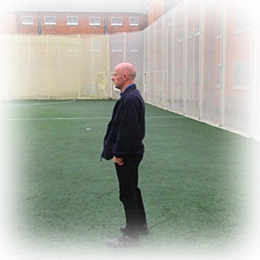Imprisonment

This guide is aimed at anyone dealing with imprisonment, whether as a prisoner, family member or professional.
Many of us have never visited anyone inside a prison, or spoken to prisoners and their families about their relationships, but having an offender within the family is more commonplace than is generally realised. Any one of us could be affected by this at any time.
As a teacher, or other professional, you might not even know that you are working with children and families with a family member in prison. It is hard to support prisoners' families with sensitivity and confidence without a basic understanding of the criminal justice system and how imprisonment can affect the whole family.
The criminal justice system
The criminal justice system is designed to ensure justice is carried out on behalf of the public when acts are committed that are against the law. However, criminal justice, by its very nature, is concerned with the criminal within the legal system and often works in isolation from the social, education and health systems that are also integral and important parts of our society.
It follows that whenever anyone is charged with an offence and brought into court, the needs of their families and their children can frequently be overlooked.
I had no idea that when my daughter was sentenced, no one at court would ask about her son. If I hadn't been there, I don't know what he would have done or where he would have gone.
(Grandmother talking about her teenage grandson)
Children of offenders do not currently enjoy any special rights in the United Kingdom. There is little or no acknowledgement of the fact that when a father or mother is sent to prison, their children's lives are turned upside down. Only in the case of a baby or the unborn child of a female prisoner, is there any systematic identification that the prisoner is a parent.
The stigma surrounding imprisonment can mean that families are reluctant to explain the sudden drastic change in their circumstances which often leads to their children behaving differently. Specialist support services working with offenders and their families have been developed by a variety of organisations, including Ormiston Families. Information and training is increasingly available for professionals working with children and families.
The biggest problem I find is that we are never told by anyone that children have a parent in prison unless Social Services are involved. Only last week, I had a father appear after celebrating his release - and we had no idea he had been away for 3 months.
(Headmaster of an infant school)
Most people find that if they have had no personal experience of the criminal justice system it is a very complicated and unknown area. Find out more about the arrest and sentencing processes, and the different types of imprisonment.


